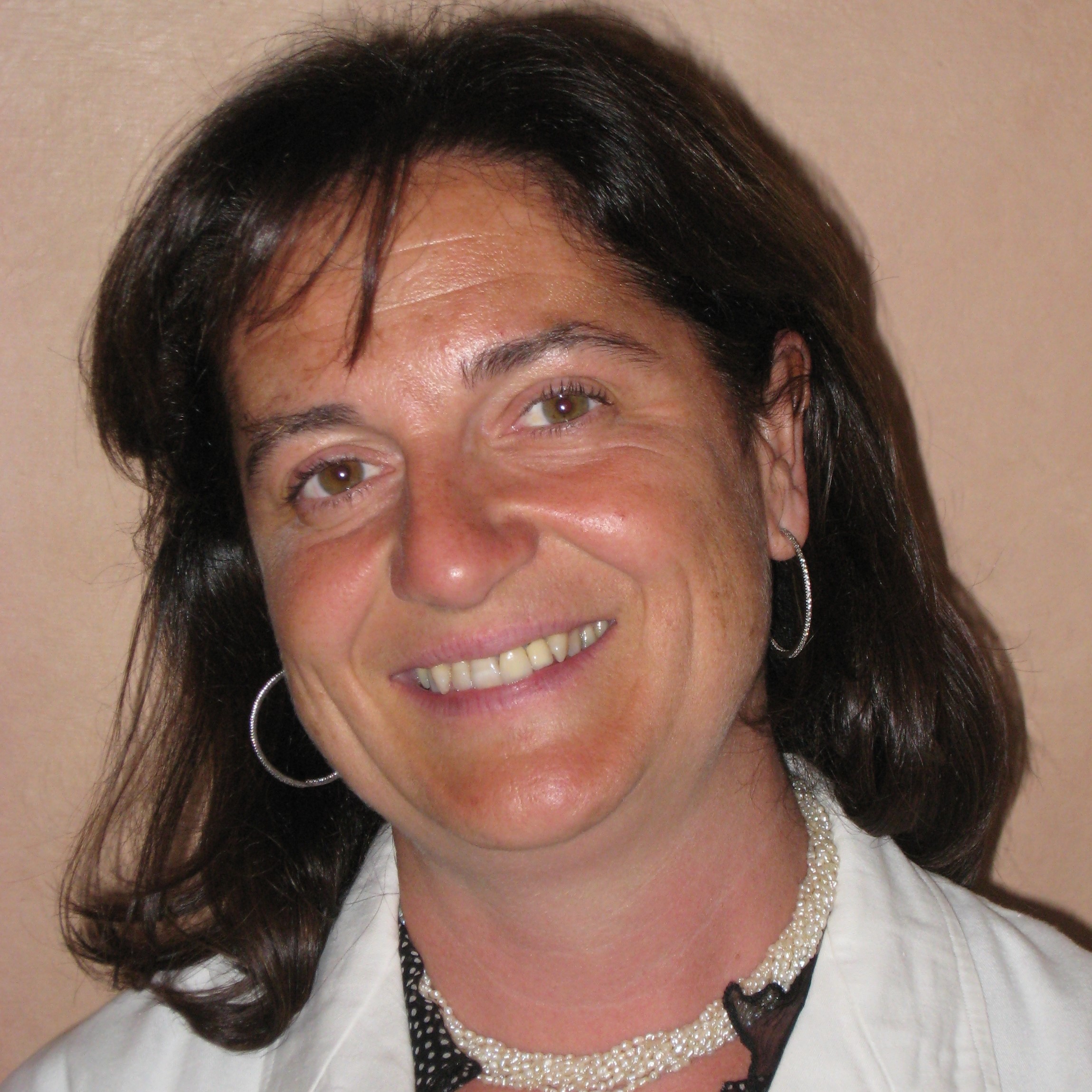touchEXPERT OPINIONS Advancing the management of MDS and AML: Novel immune-based approaches
Three experts consider the potential of immune-based strategies to treat MDS and AML.
Prof. Dr. med. Platzbecker gives an overview of the role of immune dysregulation in the development of MDS and AML, and considers how this may drive the development of new treatment options.
1/4 Next InterviewIn this interview, Prof. Dr. med. Platzbecker answers the following questions:
- How does the hallmark of immune dysregulation in cancer play a role in the development of MDS and AML?
- What cells play a role in the development of an immunosuppressive microenvironment in MDS and AML?
- What are some overexpressed targets for therapies on these immune cells that could reactivate the immune system against MDS and AML?
Prof. Dr. med. Uwe Platzbecker is head of the Medical Clinic and Policlinic of Hematology, Cell Therapy and Hemostaseology at the University of Leipzig, Germany. He is also a visiting professor at the Faculty of Life Science and Medicine at King’s College London, UK. read more
Prof. Platzbecker is an expert in haematological malignancies with a focus on myelodysplastic syndromes (MDS) and acute myeloid leukaemia (AML). In particular, he is involved in the translational exploration of innovative treatment options for patients with haematological malignancies.
Prof. Platzbecker is a member of the steering committee of the SAL (Studienallianz Leukämie) study and the German MDS Group, as well as being a member of the International MDS Foundation’s Medical & Scientific Advisory Board. He is currently chair of the European Myelodysplastic Syndromes Cooperative Group (EMSCO), which he also co-founded in 2012. Prof. Platzbecker is section editor of Leukemia and is on the editorial board of the Journal of Clinical Oncology.
Prof. Platzbecker has received numerous awards for his work on MDS and AML, including the Van Bekkum Award of the EBMT in 2019 in the name of the German MDS Study Group.
Prof. Uwe Platzbecker discloses: Honoraria from AbbVie, Bristol Myers Squibb/Celgene, Janssen, Novartis and Takeda.
Prof. Agnieszka Wierzbowska explains the rationale for targeting PD-1/PD-L1 in MDS and AML, and summarizes data from clinical trials with immune checkpoint inhibitors.
2/4 Next InterviewIn this interview, Prof. Wierzbowska answers the following questions:
- What is the rationale for investigating immune checkpoint inhibition in MDS and AML?
- What data are available for immune checkpoint inhibitor monotherapy for treating MDS and AML?
- What are the data for combination therapy with immune checkpoint inhibitor plus hypomethylating agent/chemotherapy for MDS and AML?
- What factors could be driving the mixed response to immune checkpoint inhibitors in patients with MDS and AML?
Prof. Agnieszka Wierzbowska is head of the Department of Hematology at the Medical University of Łódź, Copernicus Memorial Hospital in Łódź, Poland. read more
Prof. Wierzbowska’s research interests include developmental therapeutics for acute leukaemia, myelodysplastic syndromes (MDS) and transplantation. She has been a principal investigator on many clinical trials and has authored or co-authored numerous publications and abstracts reporting the data from these trials.
Since 2010, Prof. Wierzbowska has chaired the acute myeloid leukaemia (AML) Working Group for the Polish Adult Leukaemia Group (PALG). She is also a member of the American Society of Hematology, the European Hematology Association and the European Society for Blood and Marrow Transplantation. She sits on the European Steering Committee of the AML Hub and is an ambassador of Know AML.
Prof. Wierzbowska sits on the editorial board for several journals, and reviews articles for publication. She has also presented at numerous regional, national and international conferences.
Prof. Agnieszka Wierzbowska discloses: Advisory board fees from AbbVie, Astellas, BerGenBio, Bristol Myers Squibb/Celgene, Gilead/Kite, Janssen, Novartis, Pfizer and Servier. Research grants from Jazz Pharmaceuticals. Honoraria from AbbVie, Astellas, Bristol Myers Squibb/Celgene, Gilead/Kite, Janssen, Novartis, Pfizer and Servier.
Prof. Valeria Santini describes the mechanisms of action of anti-TIM-3 and anti-CD47 agents, and presents clinical trial data for these novel treatment strategies. She also highlights other immune-based therapeutic strategies that are under investigation.
3/4 Next InterviewIn this interview, Prof. Santini answers the following questions:
- What is the rationale for using anti-TIM-3 agents in treating MDS and AML?
- What clinical trial data are currently available for the investigational anti-TIM-3 agent sabatolimab?
- What is the rationale for using anti-CD47 agents in treating MDS and AML?
- What clinical trial data are currently available for the investigational anti-CD47 agent magrolimab?
- What other novel immunotherapy strategies are currently in development for the management of high-risk MDS and AML?
Prof. Valeria Santini is associate professor of haematology at the University of Florence, Italy. read more
Prof. Santini runs the MDS Unit in the Department of Experimental and Clinical Medicine, Hematology, AOU Careggi at the University of Florence. She focuses on clinical and translational research in myelodysplastic syndromes (MDS) and elderly patients with acute myeloid leukaemia (AML).
Prof. Santini is president of the Fondazione Italiana per lo studio delle sindromi mielodisplastiche (FISiM) and Italian Network of MDS Registries. She is one of three key opinion leaders for the MDS working group in the European Harmony 2020 research project. She is a member of the Scientific Committee of the European School of Hematology, a member of the Education Committee of the Society of Hematological Oncology and a member of the Executive Board of the Scientific Working Group on MDS of the European Hematology Association.
Prof. Santini has authored more than 200 peer-reviewed papers and has been an invited speaker at numerous international and national meetings. She is a member of the editorial board of Blood and also reviews articles for a number of high impact factor scientific journals.
Prof. Valeria Santini discloses: Advisory board fees from AbbVie, Bristol Myers Squibb/Celgene, Geron, Gilead, Novartis and Takeda. Consultancy fees from Menarini. Research support from Bristol Myers Squibb/Celgene.
The expert faculty discuss current unmet treatment needs for patients with myelodysplastic syndromes (MDS) and acute myeloid leukaemia (AML), and consider how investigational agents may impact clinical practice in the future.
4/4 Leave FeedbackIn this discussion, the panel considers the following questions:
- What are the current unmet treatment needs for patients with high-risk MDS and AML?
- Given their similarities, why have there been fewer treatments approved for MDS than AML in recent years?
- Why have clinical trial data for immune checkpoint inhibitors in MDS and AML been disappointing?
- What does clinical trial data tell us about anti-TIM-3 and anti-CD47 therapies in MDS and AML, and how they might be used in the future?
Overview & Learning Objectives
Overview
In this activity, three experts describe the role of immune dysregulation in myelodysplastic syndromes (MDS) and acute myeloid leukaemia (AML), and summarize the rationale and available data for emerging immune-based therapeutic strategies. In a short panel discussion, they consider the possible impact these therapies may have on future clinical practice.
Learning Objectives
After watching this activity, participants should be better able to:
- Discuss the role of immune dysregulation in the pathophysiology and progression of MDS and AML
- Recall data on the use of immune checkpoint inhibitors in the management of MDS and AML
- Describe the mechanisms of action and clinical trial data for emerging investigational agents targeting immune dysfunction in MDS and AML

Register to touchONCOLOGY for FREE
- Peer-reviewed journals and expert opinions
- Interactive CME and e-learning modules
- Video conference highlights




